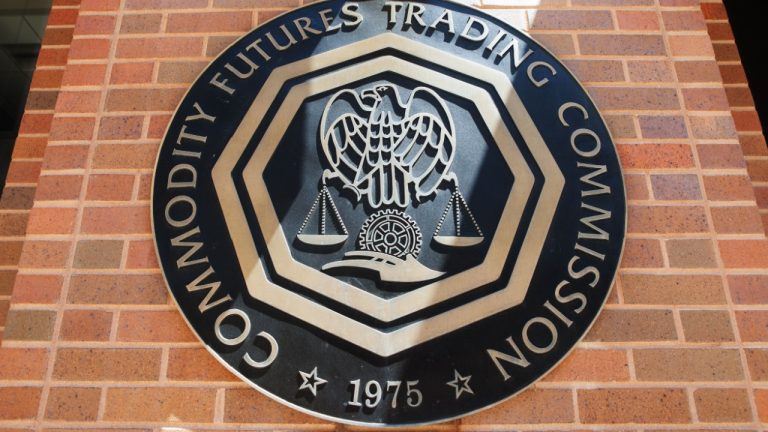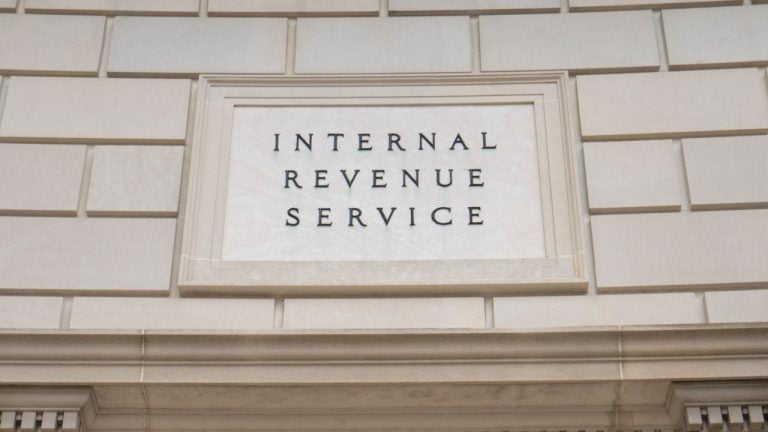
Zero-knowledge proofs coming to Bitcoin, overhauling network state validation

Zero-knowledge proofs have powered the development of Ethereum layer 2s, and now they’re coming to Bitcoin.
Bitcoin (BTC) users will soon be able to use zero-knowledge proofs (ZK-proofs) to expedite the process of verifying individual blocks and, eventually, the entire blockchain.
ZeroSync Association, a Swiss-based nonprofit, is developing tooling which allows users to validate the state of the Bitcoin network without having to download the blockchain or trust a third party for verification.
ZeroSync was formed to develop and maintain open-source software that enables succinct ZK-proofs on the Bitcoin blockchain. The group uses StarkWare’s proprietary Zero-Knowledge Scalable Transparent Argument of Knowledge (zk-STARK) validity proofs to generate ZK-proofs for the Bitcoin network.
The tool promises to overhaul the process of verifying the Bitcoin blockchain, which still requires node operators to download a large amount of data to synchronize the correct state of the Bitcoin network.
ZeroSync is using ZK-proofs to eventually generate valid proof and verify the latest state of the blockchain almost instantaneously.
ZK-proofs have been a revelation for the Ethereum ecosystem, with various proof methods powering several layer-2 scaling platforms, including Polygon, Arbitrum, Optimism and StarkNet.
Related: Polygon’s ‘holy grail’ Ethereum-scaling zkEVM beta hits mainnet
An announcement from the ZeroSync Association highlights the promise of ZK-proofs for blockchain scalability and privacy by providing “almost-fixed-size” proofs verifying large computations.
The project’s work pioneers the application of ZK-proofs for the Bitcoin network, with the organization describes Bitcoin’s relative simplicity and the Unspent Transaction Output (UTXO) model as a unique value proposition for applying recursive proofs.
ZeroSync notes that the ZK-Proof tools do not require consensus changes or additional trust assumptions for the Bitcoin network and its users. The organization is building a software development kit that will allow developers to generate custom validity proof for specific use cases without needing indepth domain expertise.
ZeroSync is in the process of building a client for fast initial block download as well as implementing the first complete proof of Bitcoin consensus. The client will allow users to sync a full node without making code changes to Bitcoin core.
ZeroSync is using the Cairo programming language, pioneered by StarkWare, to create STARK-provable programs for computations.
ZeroSync’s tool is currently in a prototype state but has the ability to prove the validity of individual assumed valid blocks, which verify all Bitcoin rules except for scripts. The team also has a working in-browser demo verifier for STARK proofs of Bitcoin blocks.
The ZeroSync Association was initially funded by Geometry and StarkWare but is establishing a nonprofit entity to enable ongoing development and maintenance from stakeholders within the Bitcoin community.
A statement from StarkWare president and co-founder Eli Ben-Sasson, who co-invented zk-STARKS, summed up the magnitude of ZK-proofs coming to the Bitcoin ecosystem:
“After years of frustration about slow syncing, users will be able to sync with the network much faster, and with less computation. It’s a technological leap akin to the transition from slow dial-up internet to high-speed broadband.”
Lightning Labs, the team behind the Bitcoin layer-2 Lightning Network payment system, is a contributing partner to ZeroSync’s project.
The firm intends to use ZeroSync to power compressed transaction history proofs for its Taproot Asset Representation Overlay (Taro) protocol, which aims to power the issuance of digital assets on the Bitcoin blockchain.
Go to Source
Author: Gareth Jenkinson









